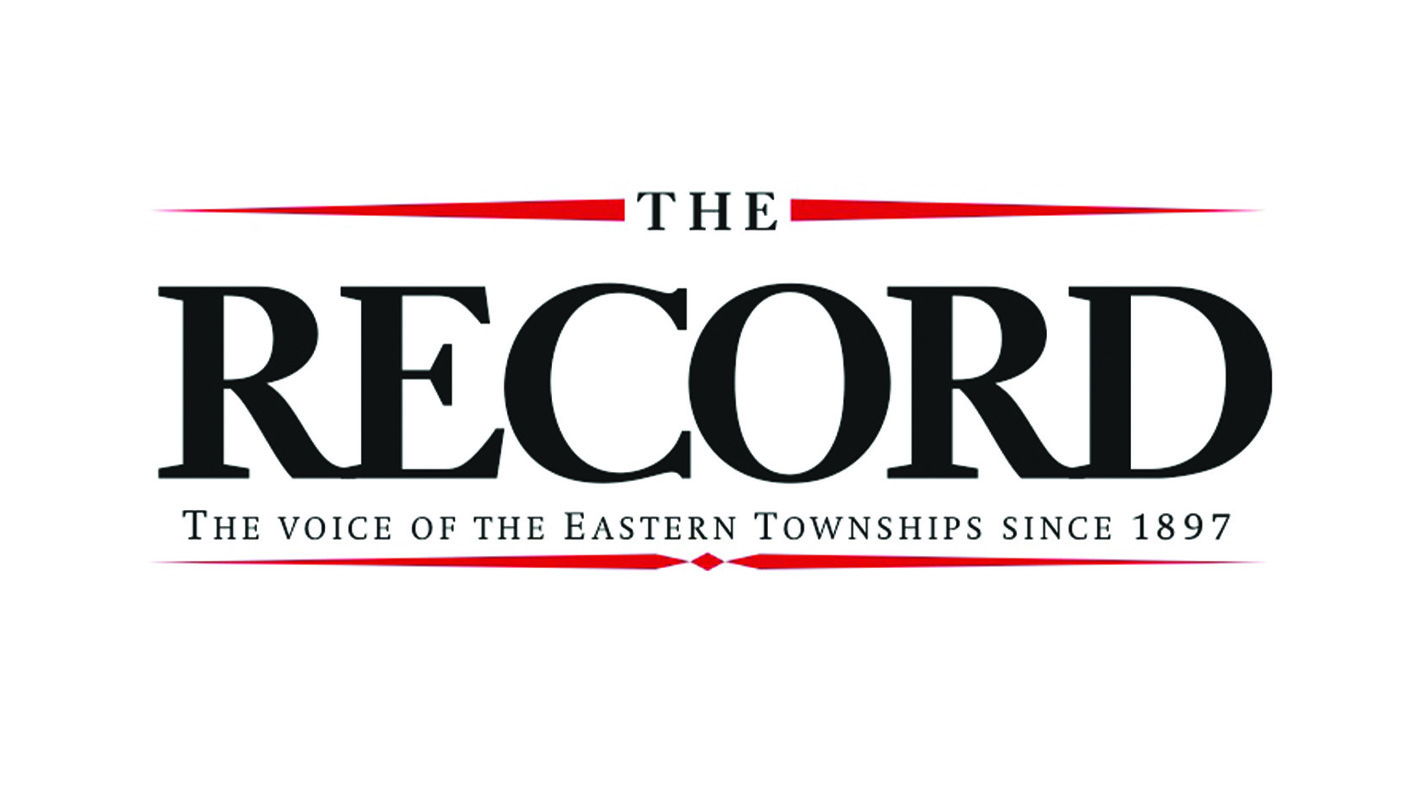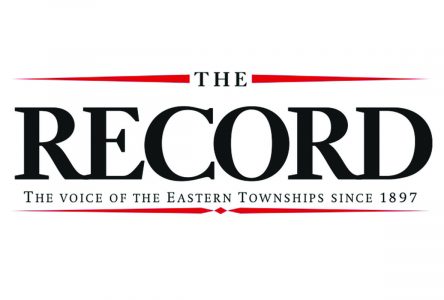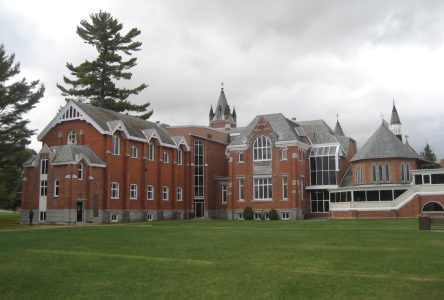One Column, Four Voices
Open to the Spirit
1) This is not an easy topic to write on, partly because, as science tells us, race is an entirely artificial way to classify human beings. The purpose of this classification system has never been benign. It has always been used to support the argument that whole groups of people are inferior to others, that they are less intelligent, less trustworthy, less hardworking or indeed less human. Race has often been used as the handy scapegoat for the current woes of the economy, the value of our houses in a certain neighbourhood or the reason there are less jobs in our country. There are other classifications, such as gender and nationality, that have been used to these same purposes but that is a discussion for another day. We search for a way to blame others for the troubles we are experiencing and that plays into our basic fear of the stranger, anyone who looks or acts differently from ourselves. It is such a sorrow to my heart to see how religion has been used to fuel racism down through the centuries but has also been used as a scapegoat for acts that are fundamentally racist. Quebec’s Bill 21 is a good example of purporting to support state neutrality but in reality playing into our basic fear of the stranger.
We learn that acts of racism fly under the radar much of the time as micro aggressions but when we stop and search the current news we are faced the terrible reality that major acts of violence with either overt or under currents of racism are carried out on a regular basis. As a person of faith who attends regular worship services it is simply shocking to learn of terrorist attacks that get carried out on or in houses of worship. I think of the Jewish rabbi and his congregants held hostage a few weeks ago in Texas. I think of the massacre in the mosque in Quebec City that occurred five years ago this week.
For all the bad press that organized religion receives perhaps one of the basic tenets of the world’s major religions has something to teach us here. These religions have not always been a force for unification but they all carry as one of their core teachings the Golden Rule – ‘do unto others as you would have them do unto you.’ When or when will we learn this lesson?
2) Race itself is a cultural lie, a social construct having no biological basis in fact. According to the American Society of Human Genetics, all humans are 99.9 percent genetically identical; that one one-hundredth of a percent accounts for all ethnic differences including skin or eye colour, morphology, hair texture, eye shape or any other of the traits usually cited as racial differences. In other words, we truly are all one family, and the differences between us are minute compared to our similarities.
In my own family growing up, some of us were light-haired and dark-haired; no one thought to disown the red-headed cousins. Blue-eyed relations, shared the same last name as us who were brown-eyed. Later through marriage, other differences appeared including darker skin tones. Much later when my grandson was born, I prepared myself for the daily challenges he would face in a world that still clings to this myth of multiple races and uses it to justify oppression.
Racism a a symptom of chronic dysfunction in the human family has existed so long we’ve forgotten it’s origins. Even now as we see the racism writ large on so many fronts, as a constant in any newscast across the globe, we wonder how one day it may be otherwise. At the turn of the millennium as my grandson was being singled out or shunned for his skin-colour in grade school, I’d briefly hoped that what we now know from genetics about our very human nature might be enough to move us toward a time when racism was consigned to the junk-heap of outdated myths our kind has outgrown. Similar to ancient notions that the earth is flat, or the sun is a flaming chariot, or the stars are holes in the roof of the sky? Will we one day outgrow our fixation on difference as divisive. And even see them as beautiful, like a garden of flowers who share the same soil and air but translate it into countless glorious forms.
Of all the plagues that humans have struggled with through the ages, racism is a disease that’s self-inflicted. A kind of self-sabotage on a species level. A kind of dysfunctional family system marked by incessant infighting with members of our own kind on a level unshared by other species. Which keeps us from benefiting from the diversity we share and living up to our full collective human potential.
As we pray for the perfect vaccine to combat whatever unknown variant viruses may yet assail us, let us at least acknowledge that the vaccine for racism exists already. We’ve known it since the earliest days of infighting as simply love.
3) In my student internship in Toronto’s Cabbagetown district in 1978 my supervisor was a member of the “Race Relations and Police Liaison Committee”. He invited me to attend with him. I remember one incident clearly. A Jamaican immigrant who worked for a local enterprise that promoted Caribbean products was arrested one morning. He was riding a brand new bicycle, and was taking a bag with the daily profits to deposit at the bank. His illegal arrest prompted much discussion about racial profiling. It also made me aware of how racism is real in our world. This was in 1978.Six years ago my niece was married, and at the reception we were kept waiting for almost an hour for the groom’s parents. They were from Senegal, and had been stopped by the police because they were black, and were driving a nice car (a rental). They had committed no offense, but were detained on the road for almost an hour.
Tomorrow we will be remembering the massacre at the mosque in Quebec City a few years ago. Last week a man in Texas entered a synagogue and took hostages. A teacher was fired a few weeks ago because she wore a headscarf. There are new stories about attacks on the Asian community on the west Coast. In spite of these events, politicians still say there is no systemic racism. How can things not have improved by now, and in some cases even gotten worse.
The early church welcomed the everyone, including an Ethiopian eunuch, to be baptized and included. The United Church denomination I belong to acknowledged racism as a sin in 1960, after the destruction of the Africville neighbourhood in Halifax, NS, and has addressed it in a variety of ways since, but the General Council I attended in 2018 brought the issue of racism in the church into sharper focus. At the end of the final day an opportunity came up for clergy and lay members to share their painful stories of the blatant racism they had experienced at the hands of committees, educational institutions, and in some congregational settings. Listening to the Spirit, the moderator extended the discussion past the supper hour until early in the evening to enable everyone to speak. It was a powerful moment and led us to take a stand and say we are publicly committed to end systemic racism from our practices and policies and become an anti-racist denomination.
We are working toward change. It begins when we listen to painful stories, and admit that racism exists.
4) Racism is of course rooted in hatred and ignorance, but it is also in part the refusal to say that there is any truth or wisdom in the stories and lives of the “other”. This is the reason why books about black people or civil rights are once again being banned in some US schools, or why certain Canadian government officials say that there is no real systemic racism in our communities. As individuals or cultural groups, we often feel a pull to fight for our identity by doing what we can to believe that our way is always right and by fighting back against taking blame. No one wants to admit that they are racist or ignorant, or even accept that our ancestors might have hurt others. We can and should always protest and fight to end racism and all of the other problems of our world, but the first step is doing all that we can to find wisdom and strength from the stories of others, from the lives of those people who are most different than us.
One core Jewish text, the Mishnah, tells us that “One who learns from one’s friend a single chapter, or a single law, or a single verse, or a single expression, or even a single letter, must show him or her honor.” I have always tried to live by this idea. But notice that the first step in showing this honor is to connect, to be friends, and to search out those who can offer us this much needed wisdom. We need to step out and step up to meet people, even with those whom we might not share much in common.
We also have a teaching that tells us that true meeting the “other” is not just about acceptance, but is “bearing the burden of the other”. It’s more than just meeting people not like us, and it is more than just acknowledging that racism and ignorance exist. Bearing each other’s burden involves accepting the brokenness we see around us, and also accepting what we have done wrong in the past as individuals and as a community. Yet most importantly, we need to see other’s pain and challenges as our own. When one person is discriminated against or is suffering, this is our pain too.
As we enter the next stage of these strange times, I hope we can stand with pride in what we share in common, and also in our differences, and with nothing but strength and hope, continue to bear the burden of making this world a little better.
So readers, one tough word, racism, 4 voices again. May the divine spirit help us to listen, and act.
Rev. Mead Baldwin pastors the Waterville & North Hatley pastoral charge; Rabbi Boris Dolin leads the Dorshei-Emet community in Montreal; Rev. Lee Ann Hogle ministers to the Ayer’s Cliff, Magog & Georgeville United Churches; Rev. Carole Martignacco, Unitarian Universalist is retired from ministry with UUEstrie and now resides in St. Andrews by-the-Sea NB, but keeps one foot in the Townships by continuing with this column.





